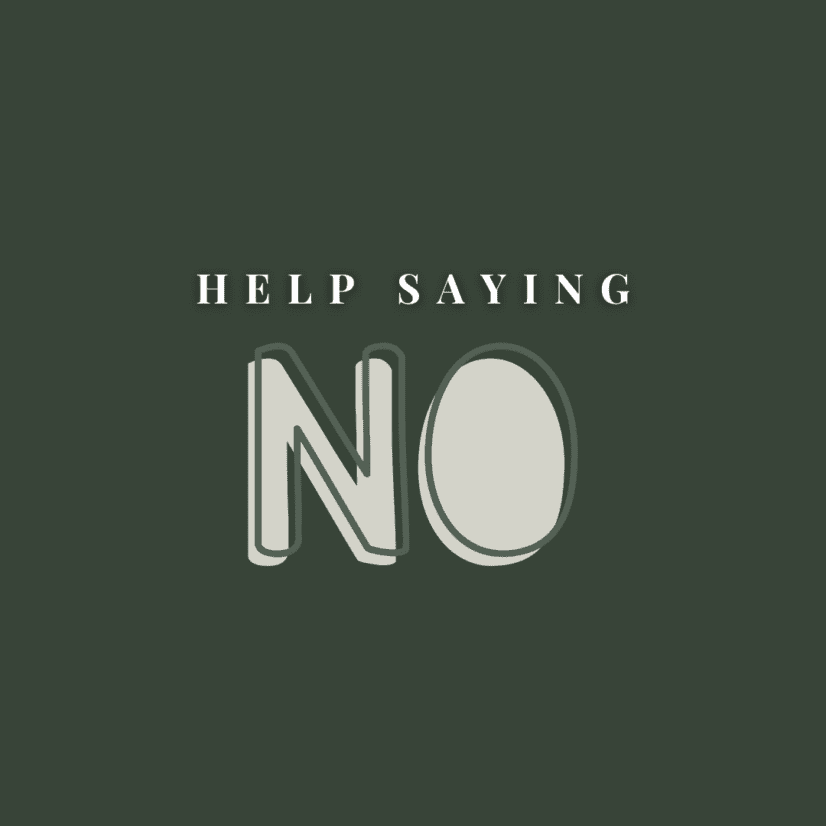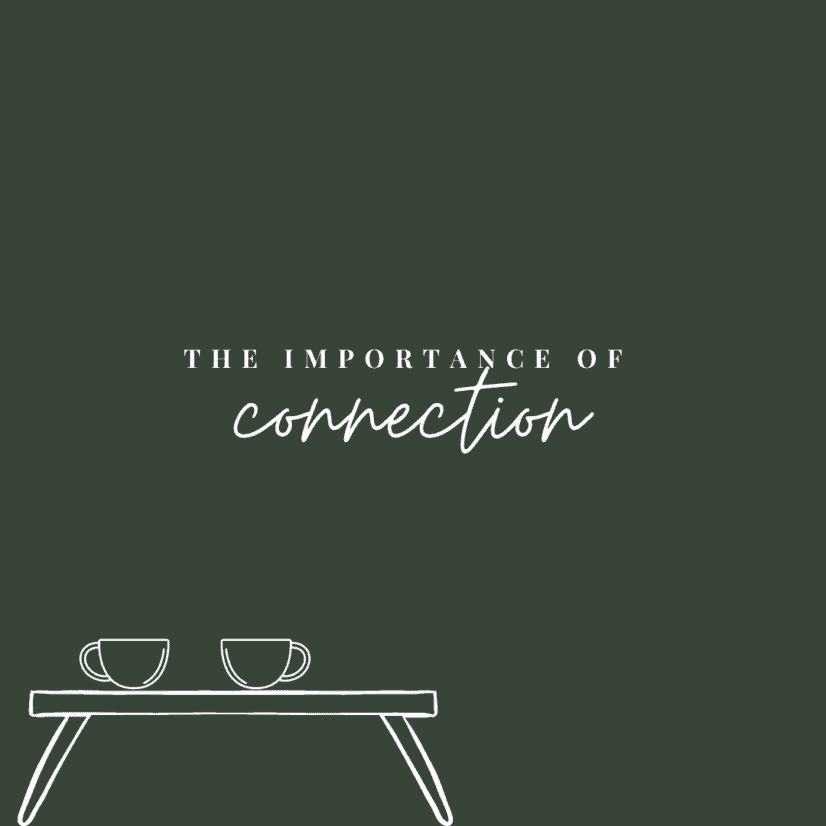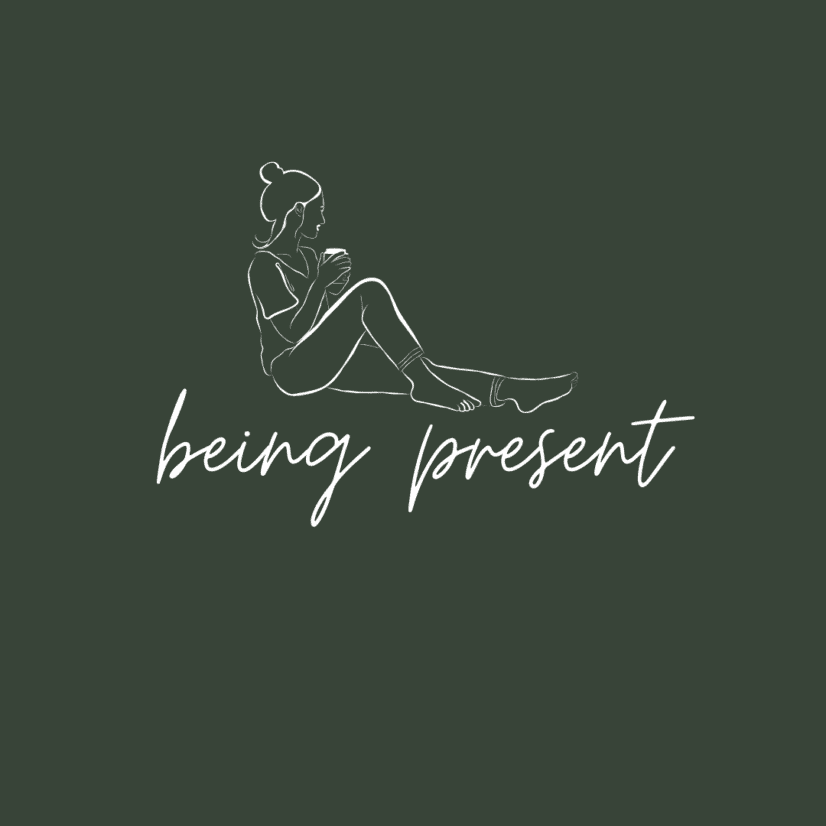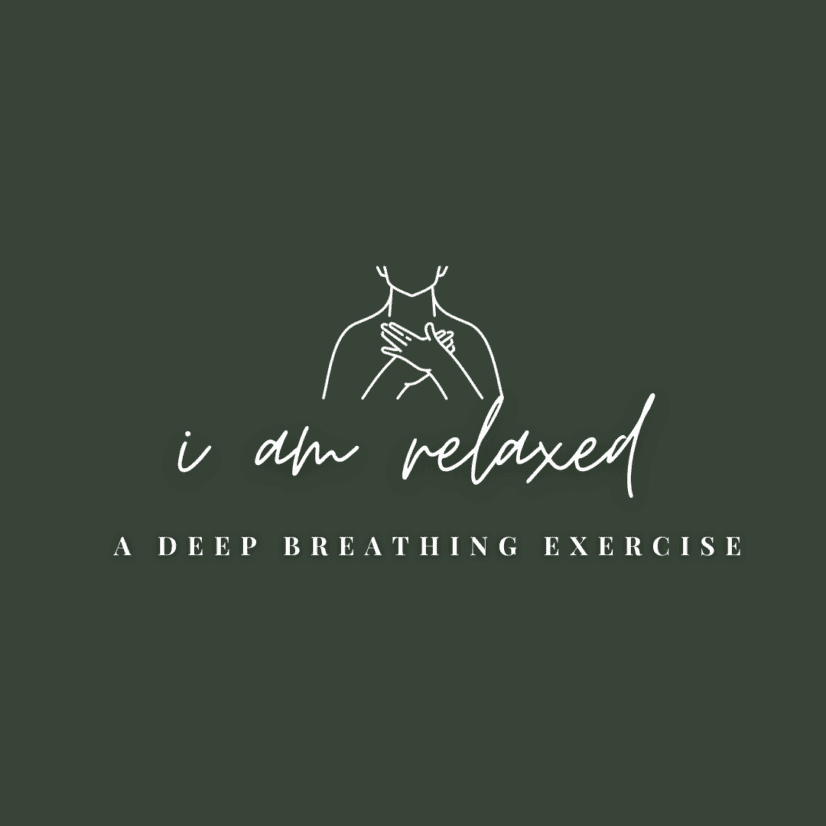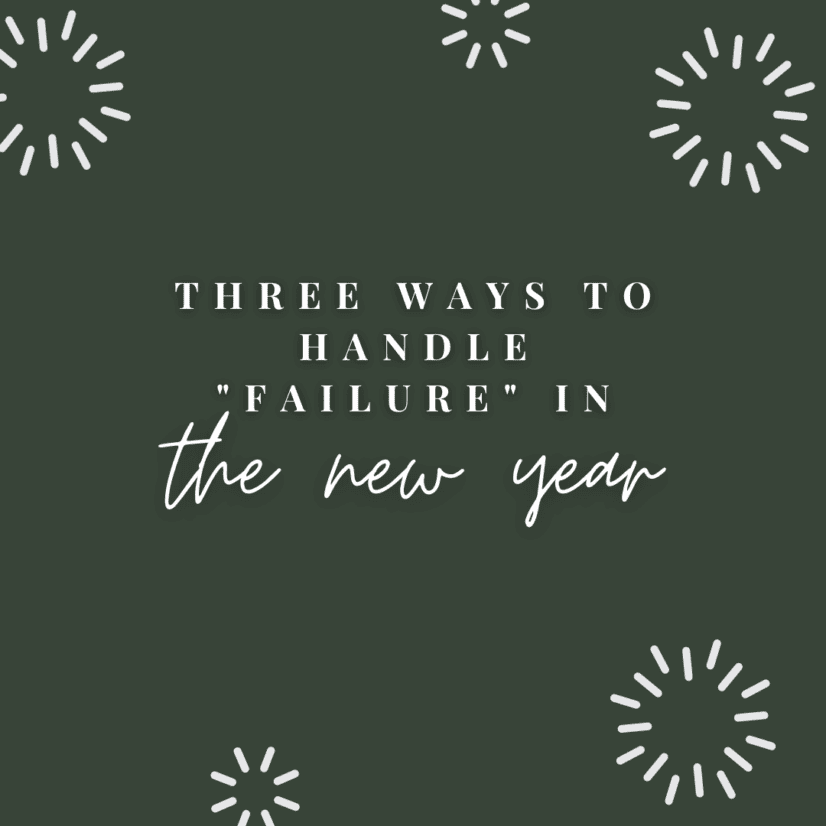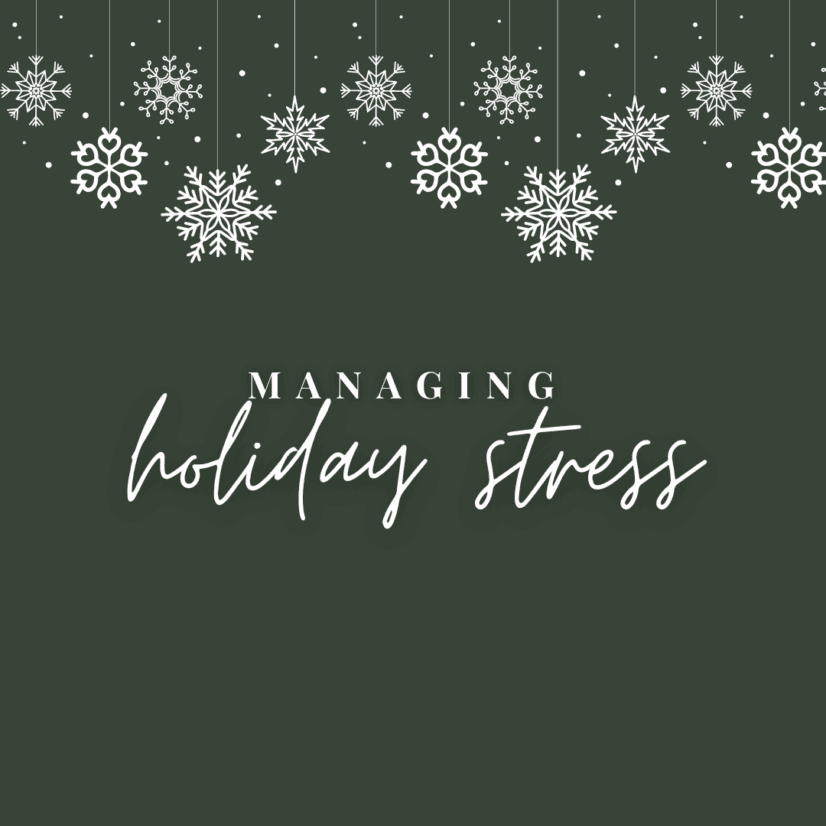Do you struggle with saying no? You are not alone. Clients often share how difficult it is saying no, particularly to family members.
The Importance of Connection
We find ourselves constantly involved in people’s lives. Whether we’re working with them or whether they’re our family, we are continuously interacting with others. What makes the difference of merely interacting or truly connecting with someone?
Being Present
Americans as a whole are challenged by being fully “present.” We tend to value quantity over quality. We find ourself looking for more before we have fully embraced what we have. We often settle for skimming the surface of something instead of seeking to fully understand. Rather than seeking too … Read More
I Am Relaxed
In this post, we’ll guide you through a simple deep breathing exercise you can try right now. Whether you’re dealing with a challenging situation or just looking for a way to boost your overall mental health, deep breathing is a technique that can help you feel more calm, centered, and in control.
Three Ways to Turn Goals into Accomplishments
It’s been said “Failure is not the worst thing in the world. The very worst is not to try.” What have you tried lately that has added dimension to your life? How often have you seen concepts or ideas put into place by others that you had and thought about implementing?
There are many ways we spend our time that prevent us from truly fulfilling the goals and aspirations that once gave us significance and meaning.
Three Ways to Handle “Failure” in the New Year
For many of us, when we fall short of sticking to these resolutions it can feel like a deep personal failure.
The New Year Experience
There’s something invigorating about the New Year. Many of us have this sense of a “clean slate,” the turning of a page, a new opportunity, fresh air. Whether you set a New Year’s resolution (like 45% of Americans) or not, I think most of us would agree many times there is some sort of a relief when one year comes to a close and a new year begins.
Grief and the Holidays
Here is a list of ways to help manage grief during the holidays- a time that may be particularly hard when dealing with the loss of a loved one.
Getting the Sleep You Deserve
Choosing to prioritize your sleep is vital to your health, especially in a culture that overemphasizes the value of work.
Managing Holiday Stress
We all have a picture of how we want the holidays to be in our head. However, very rarely do we get the holiday season we’d envisioned in our heads.
While we may want the holidays to be a stress-free zone, most people say that their anxiety actually increases this time of year. Here are some easy ways to help manage your anxiety this season.

